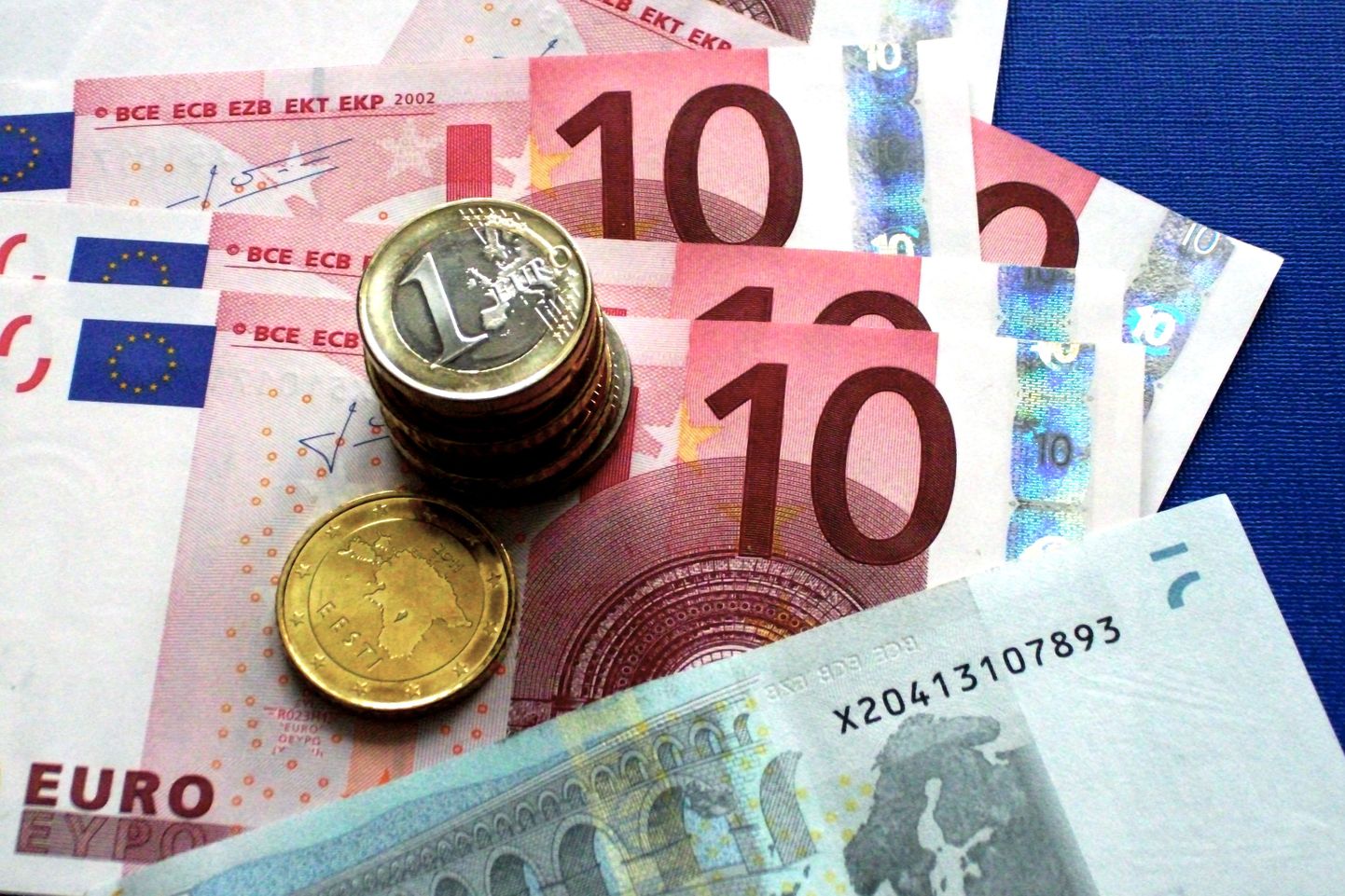
Insurace companies in Estonia detected 250 fraud cases during 2012 in which attempts had been made to defraud them of 2.38 million euros.

Insurace companies in Estonia detected 250 fraud cases during 2012 in which attempts had been made to defraud them of 2.38 million euros.
While the number of fraud cases uncovered by insurers was almost 25 percent smaller than a year ago, the sum total of the claims they involved increased by more than 26 percent, the Estonian Insurance Association said.
In 2010 and in 2011 respectively 330 and 327 cases of insurance fraud were detected. The sum total that fraudsters were after grew from 1.88 million euros in 2011 to 2.38 million euros last year.
The increase mainly resulted from a bigger number of attempts at scam on a very large scale. If both in 2010 and 2011 the biggest detected fraud cases involved sums of less than 100,000 euros then last year there were three cases bigger than 100,000 euros, amounting to a million euros overall. In the biggest fraud case damage of close to 400,000 euros was falsely reported.
"It is widely known that the circumstances of insurance cases involving bigger damage than usual are subjected to particularly detailed scrutiny and the likelihood that fraud will be detected is bigger still than usual. That big risk doesn't discourage fraudsters suggests that the punishments applied to caught fraudsters are not effective enough," said Erik Ernits, head of the damage prevention at the industry body.
The numbers of all kinds of fraud declined last year. "Reductions have taken place particularly in the number of staged or intentionally caused road accidents and cases of staged theft," Ernits said, attributing the decline both to experienced fraudsters' having entered different trades or moved to other countries, as well as a certain overall improvement in the situation of the economy which has reduced the need to resort to dishonest means when dealing with unexpected damage.